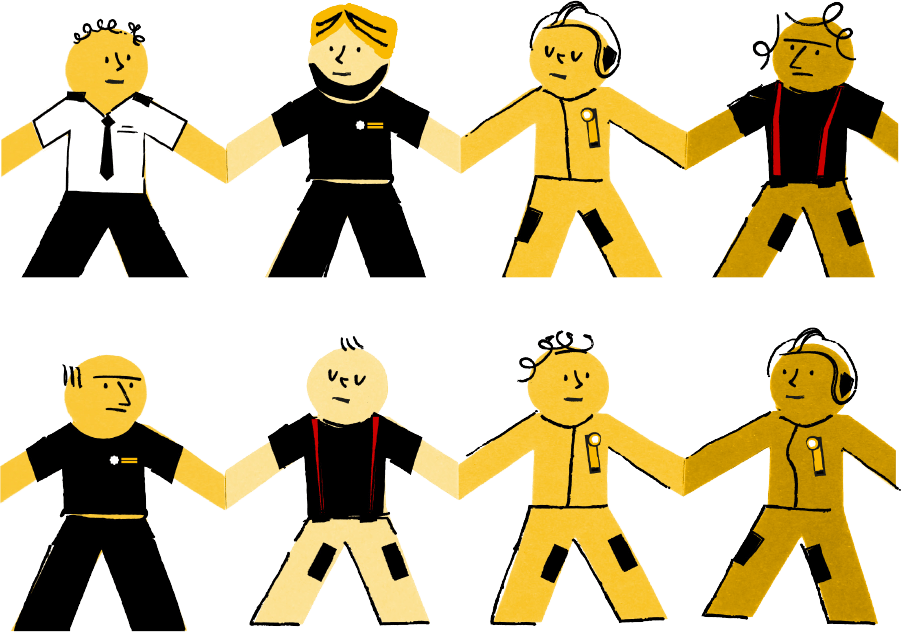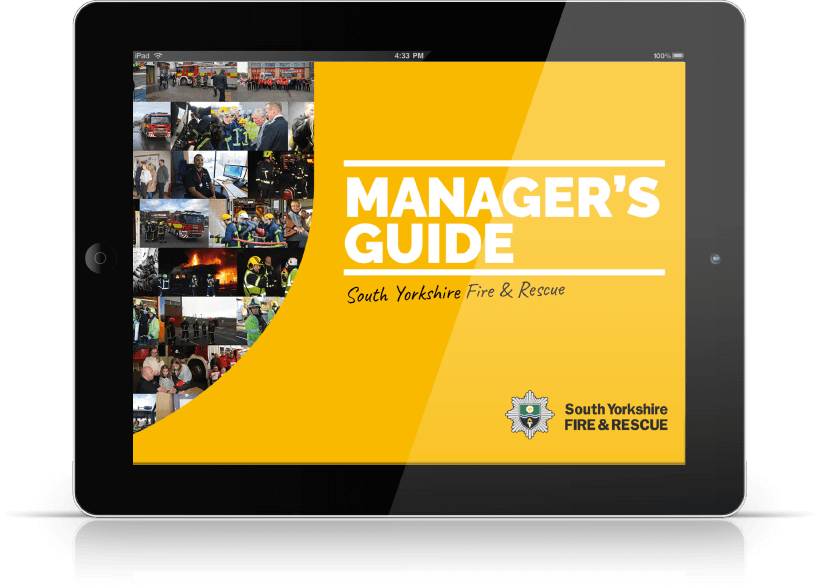I am having an issue at work - who should I talk to?
If you are finding a situation at work difficult, the first person to speak to is normally your line manager. They will be in a position to advise you on your next steps.
If you don't feel able to discuss the situation with your line manager, then you can contact your district People Partner.
Our discipline, grievance and whistleblowing policies also offer guidance to staff on how to confidentially and appropriately raise and resolve an issue. You can find these on our Intranet, via the search function or the People pages.





